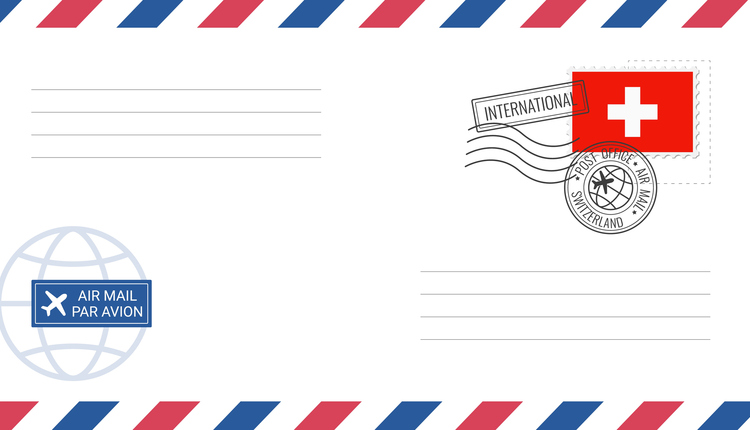The EU
The next — and final — deadline for the EU’s Advance Electronic Data (AED) requirements in ICS2 Release 2 is October, when postal operators sending packages to the EU will need to provide additional information. The USPS has been preparing and added new functionality to its online customs form in late June. For information submitted using the Shipping Services File (SSF), specifications have been updated to include the new EU requirements. Every package to a foreign destination also requires a physical customs form attached to it.
The USPS’s export compliance checks, i.e., verifying the appropriate fields are completed for AED and on customs forms, returns mail items without transport to the destination country if the checks fail, although some packages have been returned without a clear problem with the customs information provided. The official postal operators in the 27 EU countries must also make some preparations. Whether they are prepared by the October deadline is an open question.
The ICS2 Release 2 took effect for air carriers at the beginning of July. Those importing small packages to the EU were concerned, but all has gone well. The carriers and mail service providers have been preparing their clients to provide the required information. So, it looks like the US is as prepared as possible.
There will be some glitches with a major change in processing all packages into the EU countries. Slower customs clearance may occur as it did with the introduction of ICS2. If some countries are unable, or refuse, to follow the procedures, logjams could occur effecting inbound packages from all countries. Mailers should monitor orders sent to the 27 EU countries and keep customers informed of any delays.
The US
With six bills in the US Congress that would change how any package inbound to the US is treated, packages would be subject to more requirements if any become law. The six bills have been introduced and assigned to committees, so there are many steps before they are laws, but all bear watching by any service providers in this arena. The specific impact would vary depending on what bill, if any, became law.
· Uniform Postal Data Acquisition for Transparency and Early Detection within the United States Postal Service Act (or the UPDATED USPS Act) is meant “To strengthen the requirements relating to advance electronic information for cargo…” Introduced in both the House of Representatives and in the Senate, it requires more data in advance of the packages or shipments arriving in the US and eliminates exceptions for any countries.
· STOP Act 2.0 aims “To increase the criminal penalty for mail fraud involving misrepresentation of the country of origin, to terminate the authority to exclude countries from the requirement to transmit advance electronic information for 100 percent of mail shipments under the STOP Act of 2018…” It has been introduced in the Senate.
· De Minimis Reciprocity Act of 2023 would “amend the Tariff Act of 1930 to require reciprocity with respect to de minimis entries of articles…” Introduced in the Senate, it changes the customs de minimis from an absolute exemption of any package under $800 to a variable rate based on the importing country’s de minimis for goods from the US. This rate would be established annually by the Secretary of the Treasury, taking into account the customs duty in each country and “any related thresholds of that country, such as a threshold relating to a value-added tax on imports.” More restrictions apply to China and Russia.
· Import Security and Fairness Act intends “To exclude products from non-market economy countries and products that are subject to certain enforcement actions from the privilege of de minimis treatment under the Tariff Act of 1930…” Introduced in the House and Senate, packages from non-market economy countries and countries on the security watch list would not be eligible for the US de minimis. China, Russia, and Vietnam have been mentioned as countries that would be covered.
Let’s hope all the additional effort and expense in the EU and the U.S. improve safety and stop illicit goods in the mail.
Merry Law is President of WorldVu LLC and the editor of Guide to Worldwide Postal-Code and Address Formats. She is a member of the UPU’s Addressing Work Group and of the U.S. International Postal and Delivery Services Federal Advisory Committee.
This article originally appeared in the September/October, 2023 issue of Mailing Systems Technology.










